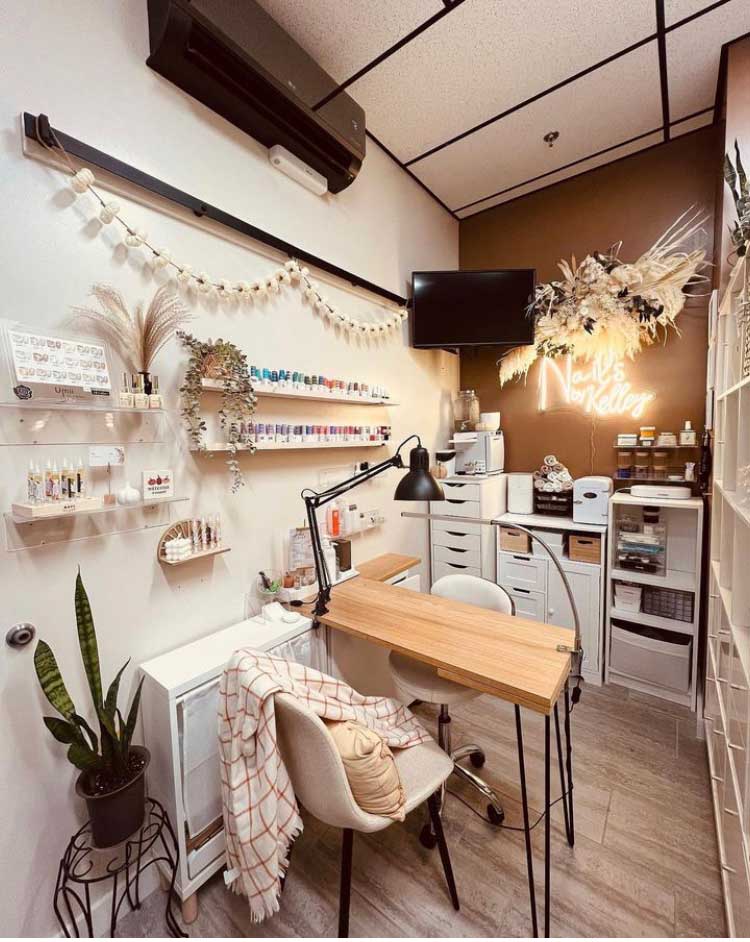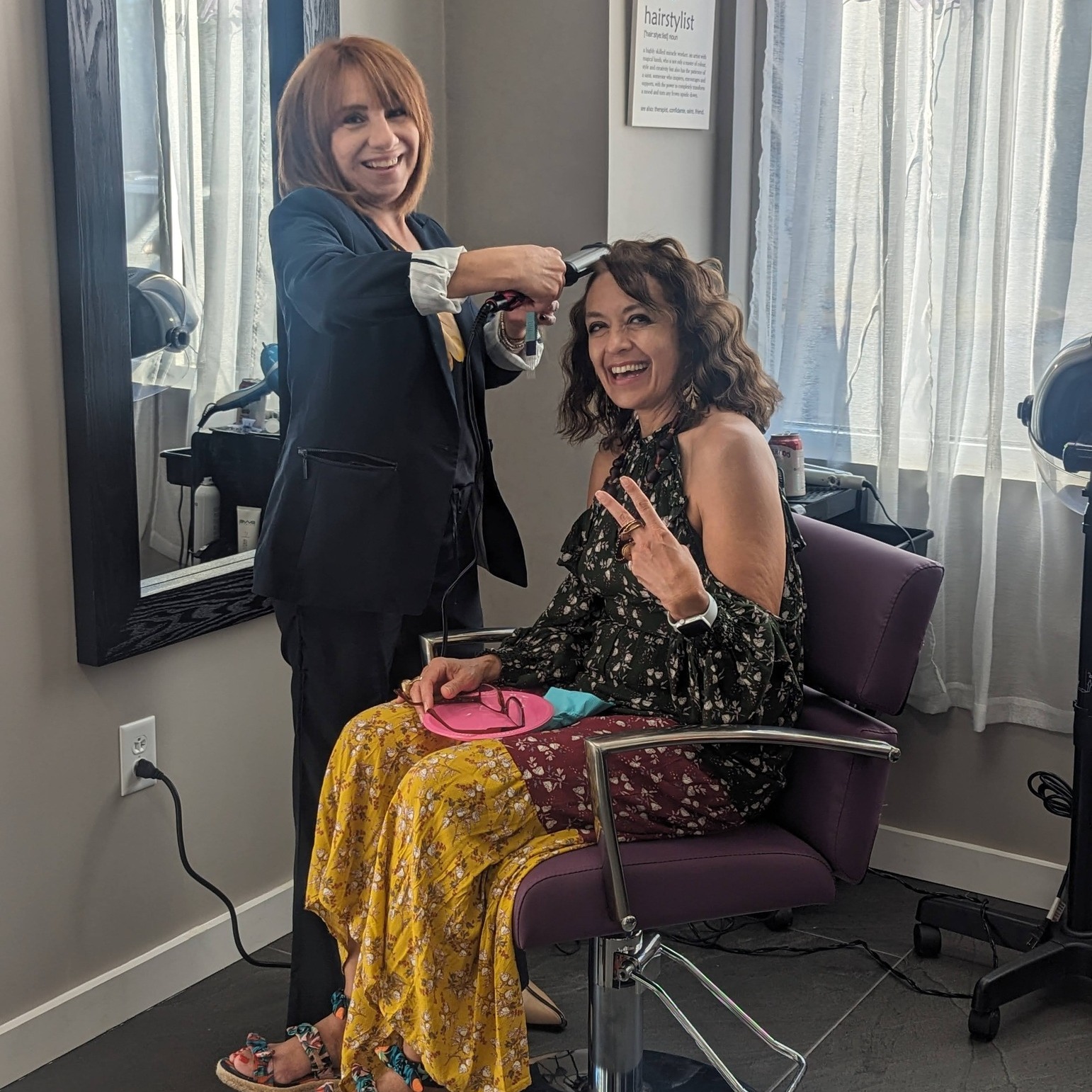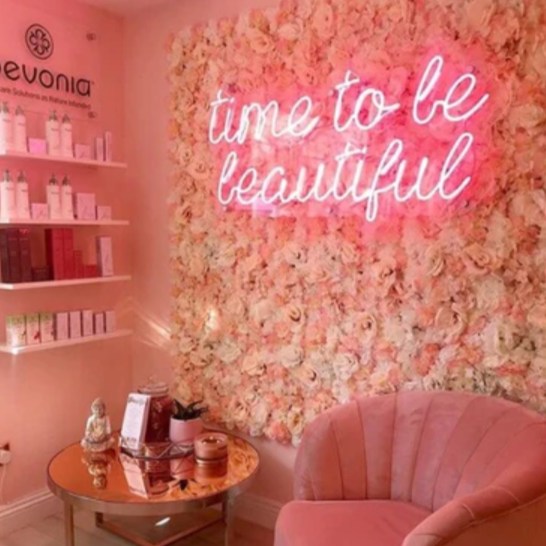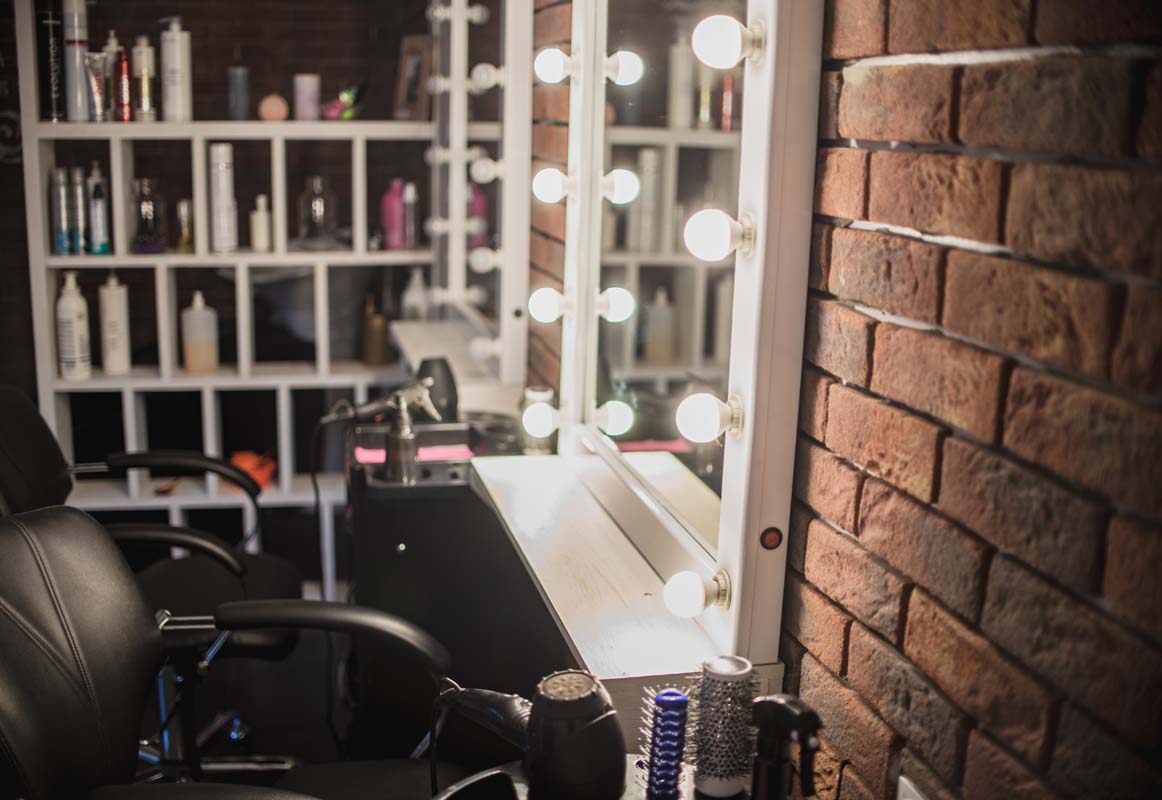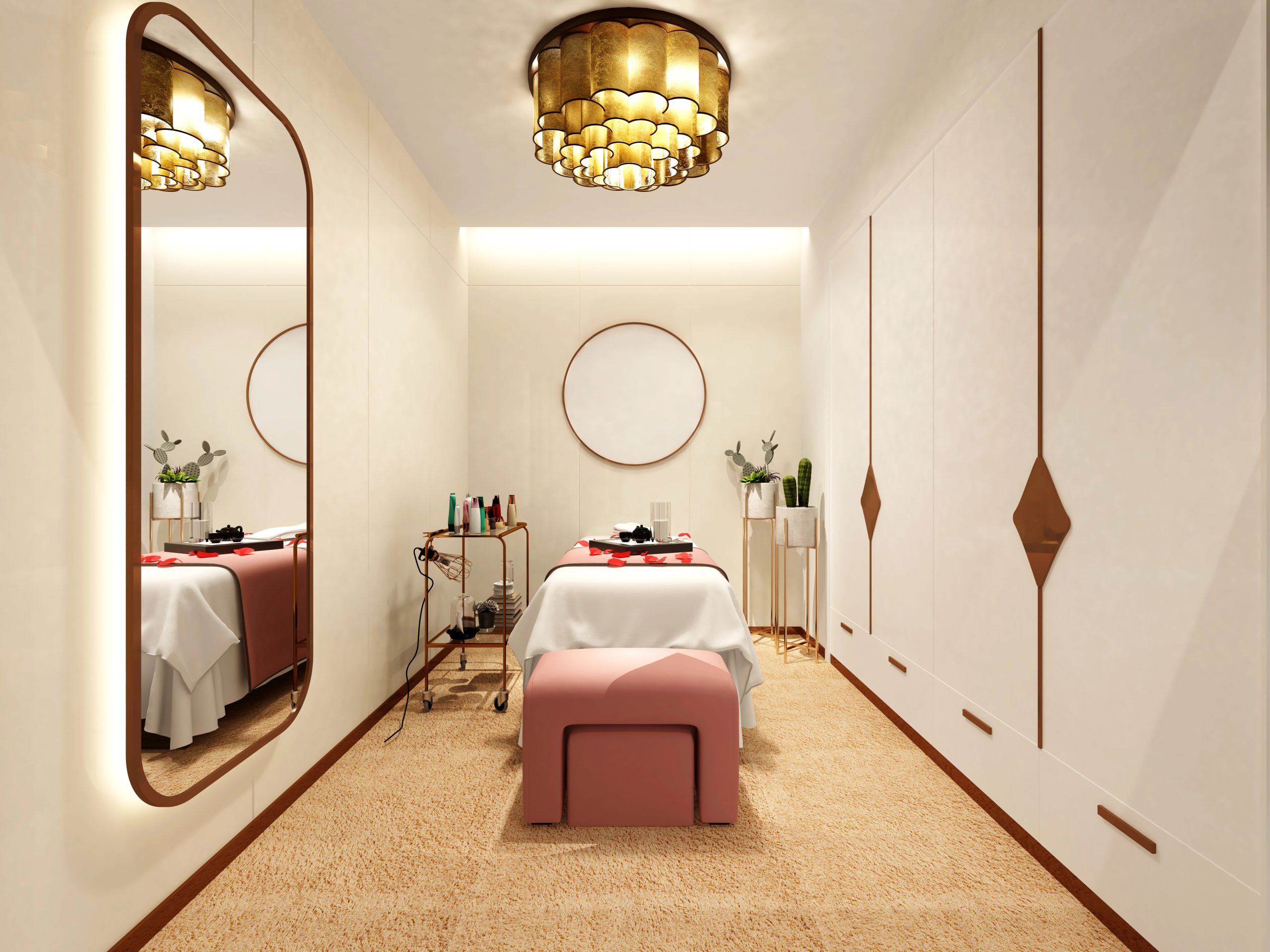Learn how to start and manage a successful salon suite business, including understanding the salon suite business model, key steps to start a beauty or wellness business, tips for managing a successful business, marketing strategies, overcoming common challenges, and success stories and insights from salon suite owners.
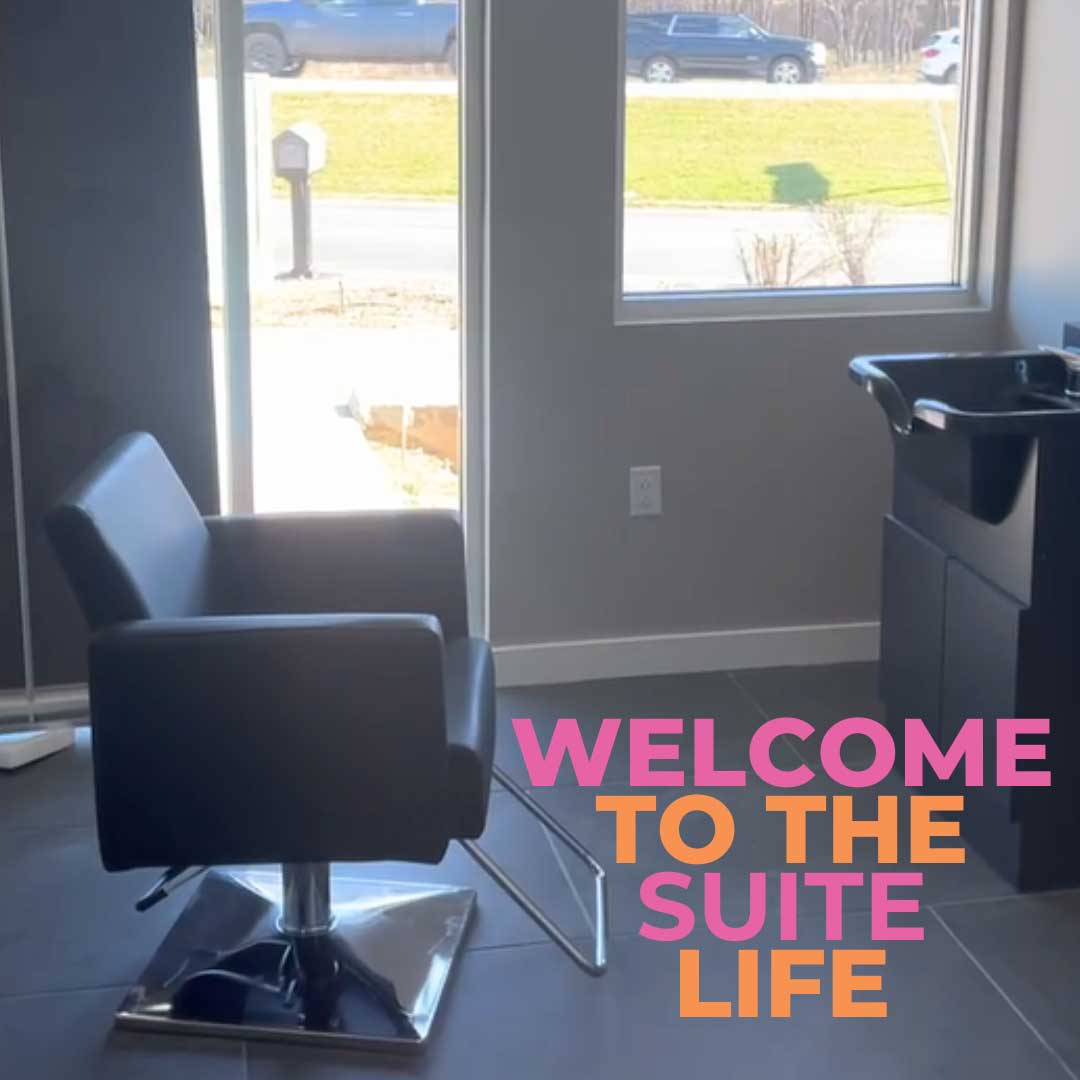
Introduction: Exploring the Salon Suite Business Landscape
Salon suites provide stylists with the freedom of running their own shop within a shared space, offering a unique business opportunity. The salon suite industry has seen significant growth in recent years, attracting both experienced stylists and new entrepreneurs. Understanding the nuances of the salon suite leasing business model is crucial for aspiring salon owners looking to start and manage a successful venture.
Salon suites not only empower stylists to have their own businesses but also foster a sense of independence and creativity within a supportive community of like-minded beauty professionals. For instance, at Salon and Spa Galleria, the leasing team emphasizes the importance of developing a positive mindset for success and instilling it in the team, creating a conducive environment for growth and achievement. This positive culture can lead to enhanced collaboration, innovative ideas, and a more fulfilling work experience for both the stylists and the salon owners. Moreover, the concept of salon suites allows for a diverse range of services and specialties to coexist under one roof, offering clients a one-stop destination for all their beauty needs while providing stylists with a platform to showcase their individual talents and skills. Starting a salon suite rental business involves researching the local market, developing a business plan, securing funding, choosing a location, designing and building the salon suites, hiring staff, creating lease agreements, marketing the business, and managing and maintaining the suites.
Understanding the Salon Suite Business Model
Salon suites operate as individual mini salons rented to stylists, providing them with the autonomy of owning their own business within a shared space. This unique setup allows stylists to cultivate their brand, offer personalized services, and create a niche within the salon suite community. For example, a stylist renting a salon suite can tailor the ambiance, services, and pricing to cater to a specific clientele, such as clients seeking eco-friendly hair treatments or those interested in avant-garde hair coloring techniques.
When venturing into the salon suite business, the costs associated with opening a facility can vary significantly, ranging from $10,000 to over a million dollars depending on factors like location, size, salon suite amenities, and design. These costs encompass expenses such as lease or purchase of the space, renovation and furnishing, equipment procurement, marketing, and operational overheads. For instance, investing in quality salon chairs, hair washing stations, and decor that aligns with the brand aesthetic can enhance the overall client experience and differentiate the salon suite from competitors.
Salon owners in the U.S. have been found to generate an average of $74,699 in semi-passive income, showcasing the financial viability of the salon suite model. This income stems from rental fees paid by stylists, retail product sales, and additional services offered within the salon suite. To ensure profitability and sustainability, salon owners must prioritize aspects like providing state-of-the-art equipment to enhance service quality, designing the layout to maximize space utility and revenue generation, and offering continual support and resources to renters to foster a thriving community of beauty professionals. By focusing on these key considerations, salon suite businesses can position themselves for long-term success in a competitive market.
Key Steps to Start a Salon Suite Business
When embarking on the journey of starting a salon suite business, one of the foundational steps is the development of a detailed business plan. This plan serves as a roadmap, outlining essential aspects such as the business’s objectives, the identified target market, and financial forecasts. For example, a salon suite owner may set a goal to achieve a certain percentage of occupancy within the first year of operation, target specific demographics like working professionals or students, and project revenue streams from salon suite rentals and additional services.
Moreover, the process of selecting the right stylists to rent the salon suites is a pivotal decision that can significantly impact the business’s success. By implementing thorough screening processes, including assessing the stylist’s experience, clientele base, and work ethic, salon suite owners can ensure a harmonious and productive environment within their establishment. For instance, partnering with stylists who align with the salon suite’s brand ethos and service offerings can enhance the overall client experience and foster a sense of community among renters.
Additionally, the strategic choice of location plays a crucial role in the salon suite business’s profitability. Opting for a high-traffic area that is easily accessible to both clients and stylists can drive foot traffic, enhance visibility, and contribute to the salon suite’s overall success. For instance, a salon suite situated in a bustling shopping district or near popular amenities like gyms or cafes may attract more walk-in clients and create convenience for the stylists, thus maximizing the potential for business growth and sustainability.
Tips for Managing a Successful Salon Suite
When managing a successful salon suite business, effective networking plays a crucial role in fostering relationships with fellow renters. By connecting with others in the facility, salon owners can create collaborative opportunities, share resources, and even refer clients to each other, ultimately benefiting everyone involved. For instance, organizing regular meetups or networking events within the salon suite can boost camaraderie among stylists, leading to a supportive and inspiring work environment.
In addition to networking, utilizing advanced business management tools is essential for streamlining operations within a salon suite. Implementing scheduling software not only simplifies appointment bookings for stylists and clients but also helps in managing inventory and tracking financial transactions efficiently. By embracing technology, salon owners can enhance the overall customer experience, optimize workflow, and ensure a smooth operation of the business.
Moreover, offering continuous training and support to the stylists renting salon suites is a proactive approach to nurturing talent and maintaining a high standard of service. By providing educational resources, workshops, or mentorship programs, salon owners can help stylists enhance their skills, stay updated with the latest trends, and feel motivated in their roles. This investment in professional development not only benefits the individual stylists but also contributes to a positive and dynamic work environment within the salon suite, fostering growth and success for everyone involved.
Marketing Strategies for Salon Suite Businesses
Marketing strategies play a vital role in the success of salon suite businesses. Developing a strong brand identity that resonates with the salon suite’s core values, aesthetics, and target market is crucial. For instance, a salon suite that focuses on organic and sustainable beauty products can attract environmentally conscious clients and stylists who align with these values. By creating a unique brand identity, salon suite owners can differentiate themselves in a competitive market and build a loyal customer base.
In addition to brand identity, leveraging social media platforms effectively can significantly impact the visibility and growth of a salon suite business. For example, regularly posting high-quality images of hairstyles, beauty treatments, and satisfied clients on platforms like Instagram and Facebook can attract attention and generate interest from potential clients. Engaging with followers, responding to messages promptly, and running targeted advertising campaigns can further enhance the salon suite’s online presence and attract new customers.
Furthermore, collaborating with local influencers, beauty bloggers, or participating in community events can provide valuable exposure for a salon suite business. By partnering with influencers or bloggers who have a strong following in the beauty industry, salon suite owners can reach a wider audience and gain credibility. Similarly, sponsoring or participating in local events such as fashion shows, charity fundraisers, or wellness fairs can help increase brand awareness and establish the salon suite as an active and supportive member of the community. By implementing these marketing strategies, salon suite businesses can effectively promote their services, attract clients, and drive long-term success in the industry.
Overcoming Common Challenges in the Salon Suite Industry
One of the significant challenges in the salon suite industry is the continuous maintenance of the facilities at high standards to ensure a welcoming and professional environment for both stylists and clients. Regular upkeep, cleanliness, and the overall aesthetic appeal of the salon suites play a pivotal role in attracting and retaining top-tier stylists and clientele. For instance, investing in modern and comfortable furniture, updating equipment, and maintaining a hygienic space are all critical aspects of maintaining high standards within the salon suites. By prioritizing the upkeep of the facilities, salon suite owners can create a positive impression that reflects their commitment to quality and professionalism.
Furthermore, compliance with legal regulations and requirements is paramount in the salon suite business to operate ethically and avoid potential legal issues. Owners must ensure that their salon suites meet all licensing, safety, and operational standards set forth by local authorities. For example, obtaining the necessary permits, adhering to sanitation guidelines, and following safety protocols are essential to safeguard both the business and the well-being of staff and clients. By staying informed about the legal obligations and proactively addressing any compliance concerns, salon suite owners can protect their business from risks, fines, or even closures, thus fostering a secure and sustainable operation.
In addition to physical upkeep and legal compliance, establishing a comprehensive rental agreement is crucial for outlining the expectations, responsibilities, and terms of the lease between salon suite owners and stylists. A transparent agreement can help prevent misunderstandings, conflicts, and disputes that may arise during the leasing period. By clearly defining aspects such as rental fees, maintenance responsibilities, code of conduct, and termination clauses, both parties can have a shared understanding of their obligations, fostering a harmonious and professional relationship. This proactive approach not only sets clear boundaries but also promotes a sense of trust and accountability, ultimately contributing to a smoother and more successful salon suite business.
Success Stories and Insights from Salon Suite Owners
Success Story: One inspiring success story comes from Salon and Spa Galleria owner, Ron Sturgeon, who transformed their passion for beauty into a thriving business. By providing fully furnished, private spaces for salon professionals, Salon and Spa Galleria offers turnkey solutions that have attracted aspiring salon owners looking for independence and entrepreneurship opportunities. Through their free marketing program, beauty and spa professionals receive specialized training in effective business management strategies and industry best practices, empowering them to run their businesses efficiently.


